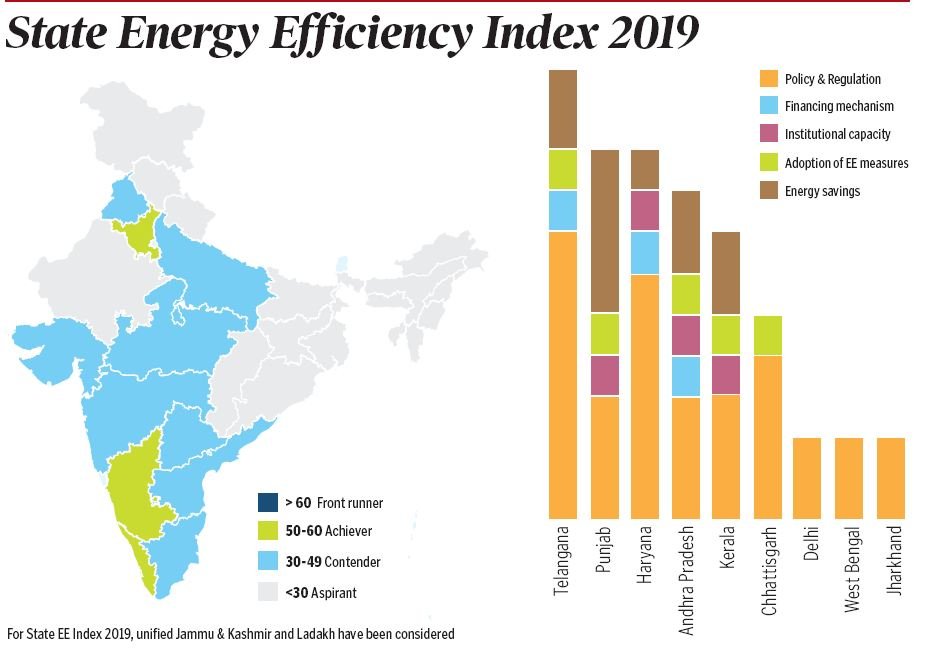UTTARAKHAND
U’khand lost 1,258 leopards in 19 yrs, 94 big cats killed in 2019
The Himalayan state has lost 1,258 leopards ever since the state was carved out of Uttar Pradesh in 2000, suggests data of the forest department.
Rampant urbanisation in and around forest areas and unchecked solid waste which attracts felines are major causes of man-leopard conflict and deaths of big cats in the state.
Uttarakhand lost 94 leopards in 2019, followed by 105 in 2018 and 102 in 2017. In 2016 and 2015, the hill state lost 88 and 54 leopards respectively.
The forest department data also suggests that in 2019, maximum 11 leopards each were killed in Pauri, Haridwar and Pithoragarh forest divisions.
INTERNATIONAL
World Hindi Day is observed on 10 January
World Hindi Day is observed on 10 January 2020. It is observed every year. The day ensures to promote the Hindi language around the world. World Hindi Day is different from National Hindi Day.
The day aims to create a suitable environment to promote Hindi worldwide and to present Hindi as the prevalent language of the world.
On this day, Indian Foreign Ministries located abroad organizes various programs.
People of Indian origin living abroad organize various programs and celebrate the day.
Unique programs for Hindi on various subjects are organized in all government offices.
NATIONAL
India tightens export policy for the rice to EU countries
The Ministry of Commerce and Industry amended the export policy for rice export to the European Union (EU) members.
Under the tightened inspection policy, the Basmati and non-Basmati rice to outbound shipments are subject to certificates issued by Export Inspection Council (EIC) or Export Inspection Agency. Earlier the export was free to EU member states. The policy includes the EU member states and European countries namely Liechtenstein, Norway, and Switzerland.
India’s rice export to European countries dipped to around 40% in 2018-19 due to the issue of maximum residue level (MRL) in pesticides. Currently, the market is likely to shrink further in 2020 as rice samples have failed the mandatory testing.
Forest Advisory Committee approved the Green Credit Scheme to trade in forests
The Forest Advisory Committee approved a Green Credit Scheme that will allow the forest to be traded as a commodity.
Green Credit Scheme:
Under the Green Credit Scheme, the Forest Department is allowed to outsource to non-government/private agencies.
The scheme is in line with the Green India Mission that aims to achieve its target of 2.523 billion tonnes of carbon by 2020-30. It involves adding 30 million hectares in addition to an existing forest.
Green Credit Scheme allows agencies they could be private companies, village forest communities to identify land and begin growing plantations.
Government issues notification to bring Citizenship Amendment Act into effect
The Citizenship (Amendment) Act has come into effect from 10 January.
The Centre has issued a gazette notification in this regard.
The notification said, the Central Government appoints the 10th day of January, 2020 as the date on which provisions of the Act will come into force.
According to the Act, members of six minority communities who have come to India from Pakistan, Bangladesh and Afghanistan till December 31, 2014 facing religious persecution there will not be treated as illegal immigrants.
They will be given Indian citizenship.
These communities are of the Hindus, Sikhs, Buddhists, Jains, Parsis and Christians.
Haryana, Karnataka and Kerala top State Energy Efficiency Index 2019
Haryana, Karnataka and Kerala have topped the State Energy Efficiency Index 2019.
This index tracks the progress of Energy Efficiency (EE) initiatives in 36 states and union territories based on 97 significant indicators.
The State Energy Efficiency Index categorises states as ‘Front Runner’, ‘Achiever’, ‘Contender’ and ‘Aspirant’ based on their efforts and achievements towards energy efficiency implementation.
The top performing states in the State EE Index 2019 – Haryana, Kerala and Karnataka – are in the ‘Achiever’ category.
There isn’t any ‘frontrunner’ state, it can be inferred that a lot more can be done at the state level to realise energy savings from energy efficiency.
This index is developed by the Bureau of Energy Efficiency (BEE) in association with the Alliance for an Energy Efficient Economy (AEEE).
